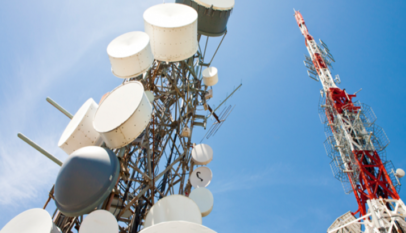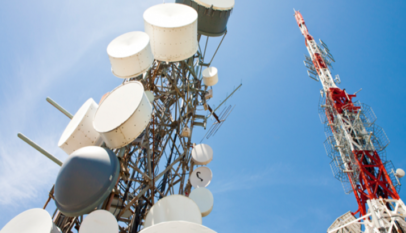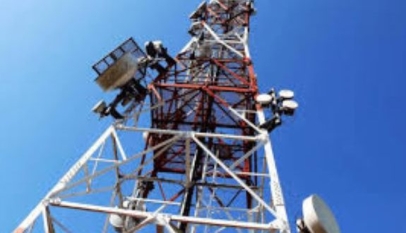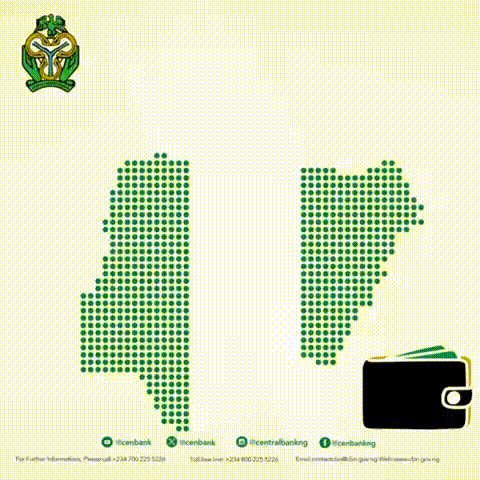
NCC set to reduce gap of unconnected Nigerians in rural area to 20% by 2027
Folarin Emmanuel
The Executive Vice Chairman of the Nigeria Communications Commission (NCC), Dr Aminu Maida, has disclosed that the commission will support the new strategic plan of its supervising Ministry, by reducing gap of unconnected Nigerians in rural areas from 61 per cent to less than 20 per cent by 2027.
Maida who made this known at the 13th annual Nigeria Information and Communication Technology (ICT) impact CEO forum/Africa digital award said the commission will support strategic plan of the Minister of Communications, Innovation and Digital Economy, Dr. Bosun Tijani.
He said the commission will support the target of the Ministry to boost Nigeria’s broadband penetration rate to 70 per cent by the end of 2025 in line with the Nigerian National Broadband Plan (NNBP) 2020-2025, through the laying of 95,000 kilometres of fibre optic cables across the country.
“In line with the vision of the Ministry, we are targeting the provision of coverage of, at least, 80 per cent of the country’s population, especially the underserved and unserved populations by the end of 2027; we also intend to secure between 300-500 per cent increase in broadband investment by the end of 2027; while we work to reduce the gap of unconnected Nigerians in rural areas from 61 per cent to less than 20 per cent by 2027.
According to him, other key targets in the Strategic Plan of the Ministry, which has adopted a clear-cut strategy to transform Nigeria’s digital economy sector and which the NCC is committed to, include the plan to deliver data download speed of 25Mbps in urban areas and 10Mbps in rural areas by the end of 2025; achieve a 50 per cent improvement in quality of service (QoS) by 2024; 22 per cent increase in net GDP contribution by digital economy by 2027 as well as increase in investment into Nigeria’s telecommunications sector by 15 per recent year-on-year.
“The Ministerial blueprint also targets 70 per cent digital literacy by 2027; a capital increase raised by Nigerian tech startups by 50 per cent year-on-year from $1 billion/year in 2022 to $5 billion/year in 2027; and achieving 25 per cent domiciliation of local technology startups by 2027.
“Other expectations are to accomplish for Nigeria, 60 per cent government data digitization by the end of 2026; the creation of 50,000 Artificial Intelligence (AI) industry jobs by 2026 while also ensuring the accomplishment of 22 per cent net GDP contribution by 2027, among others.
Maida said, Studies by the International Telecommunications Union (ITU) and sundry international organizations have indicated a correlation between having access to broadband and the growth of a country’s Gross Domestic Product (GDP).
He said, “It has been abundantly established that countries with a high density of broadband networks have higher GDP per capita for the citizens. This is because broadband access becomes a key economic index for improving and measuring the efficiency and productivity of the national workforce.
“An ITU Global Connectivity Report 2022, which provides a detailed assessment of the current state of connectivity and presents solutions to meet this new imperative, notes that: “In the last 30 years, the number of Internet users surged from a few million to almost five billion. Yet, the potential remains untapped because one-third of humanity remains offline, and many users only enjoy basic connectivity.”
“The ITU Report further notes that universal connectivity remains a distant prospect, as Internet penetration has reached 95 per cent of the population in only 13 countries as of 2022. The report also reveals that in Nigeria and other African countries, Fourth Generation (4G) coverage in urban areas is four times the coverage in rural areas. This is partly because commercial deployment of Internet access is not currently viable or seen as viable in these areas, due to high deployment cost and/or low user demand.”







